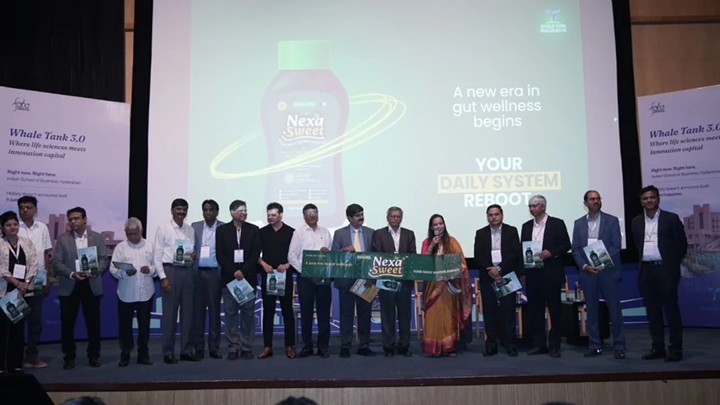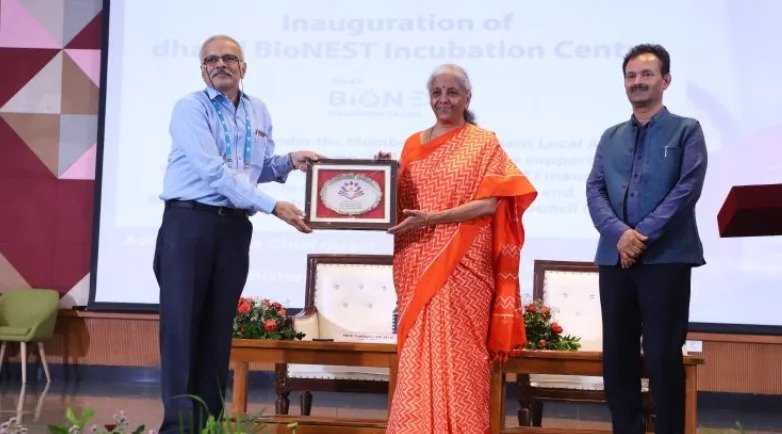Redcliffe Labs bolsters lab processes through Six Sigma metrics
One of the most notable advancements was observed in Glucose, the most commonly tested parameter

Noida-based startup Redcliffe Labs, a Pan India omnichannel diagnostics provider, substantially improves lab quality processes by embracing Six Sigma metrics. In a study led by Dr Sohini Sengupta, Medical Laboratory Director at Redcliffe Labs, her team of experts assessed testing processes to optimise the laboratory's quality control practices. It translates to fewer errors, fewer sample reruns, and improved turnaround times, bolstering clinician reliance and patient satisfaction.
Redcliffe Labs conducted a two-phase quality improvement project with a comprehensive assessment of sigma scores across 25 routine high-volume assay parameters, encompassing 20 clinical chemistry and 5 immunoassay methods.
By identifying the parameters with lower sigma scores in the initial phase, i.e., pre-period, they successfully implemented strategic measures to enhance their analytical quality within a rigorous 6-month timeframe. The analysis was performed on the Alinity ci series equipment from Abbott.
After the targeted improvements, the team at Redcliffe Labs conducted the post-period analysis to gauge the tangible and positive impact. It included a thorough evaluation of sigma metrics to measure any enhancements in the laboratory's performance. The average sigma surged significantly from 6.4σ to an impressive 9.2σ. Out of the 25 analytes studied, a substantial 17 exhibited a noteworthy improvement, surpassing the pre-defined threshold of a 1.0 increase in their sigma metric.
One of the most notable advancements was observed in Glucose (most commonly tested parameter) showcasing an extraordinary surge from 3.9σ to an exceptional 26.3σ. The increase in the sigma metric for glucose directly correlates to a substantial reduction in the error rate, estimated from 9,224 Defects Per Million Opportunities (DPMO) to less than 1 DPMO, significantly enhancing the reliability of test results.
Published on : 17th January, 2024
BIO-TECH
-
IHH Healthcare and Fortis launch ‘IHH Catalyst’ to strengthen India’s healthcare innovation ecosystem 11th February, 2026

-
Venture Center receives ATF 2025 Honour for supporting assistive technology innovations 24th November, 2025

-
Vaidam Health and Vanuatu's Ministry of Health ink MoU to strengthen cross-border healthcare access 20th November, 2025

-
Whale Tank Biocatalysts hosts Startup-Investor Meet WT 3.0 in Hyderabad 17th November, 2025

-
BTS 2025 to host India’s largest entrepreneurship platform “Future Makers Conclave” on Nov 20 06th November, 2025

-
Bessemer Venture Partners leads Rs 125 Cr Series A funding in fertility startup Pluro 04th November, 2025

-
dhaRti BioNEST Incubation Centre opens at Indian Institute of Technology (IIT) Dharwad 15th October, 2025





